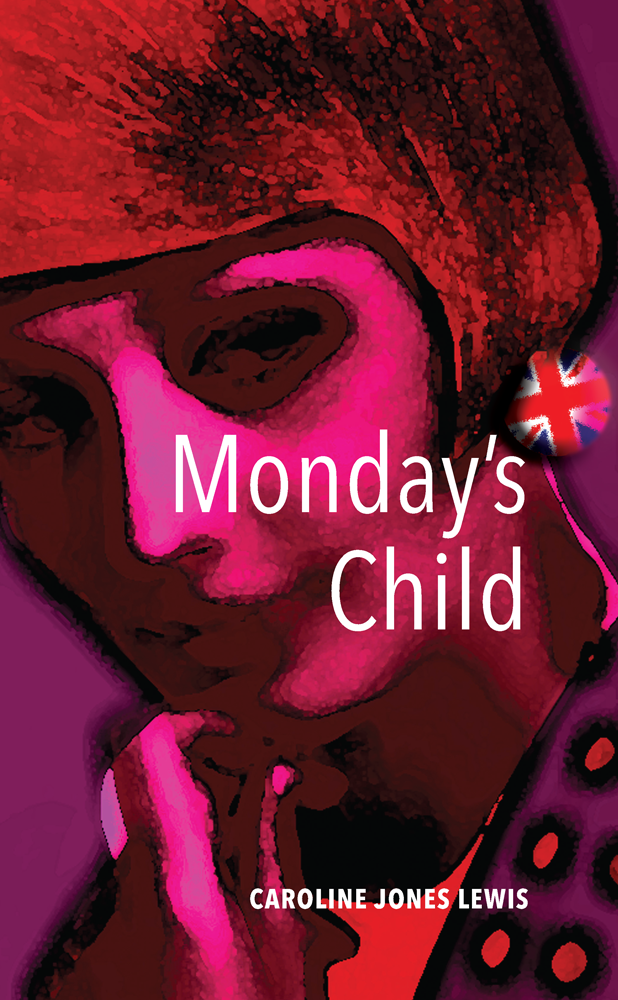Review – Caroine Jones Lewis’s Monday’s Child
 The Swinging Sixties. A decade of change for everyone and the setting for Monday’s Child. The story centres around London and the south of England and the lives of one family, in particular the three cousins, Lizzie, Hugh and Nancy, the “Monday’s Child” of the title, from the old rhyme about being fair of face. From one eventful summer day in 1962 we follow each of them, separately and together, over the next few years as they grow from young and carefree to mature and responsible, as they struggle to overcome their individual hurdles.
The Swinging Sixties. A decade of change for everyone and the setting for Monday’s Child. The story centres around London and the south of England and the lives of one family, in particular the three cousins, Lizzie, Hugh and Nancy, the “Monday’s Child” of the title, from the old rhyme about being fair of face. From one eventful summer day in 1962 we follow each of them, separately and together, over the next few years as they grow from young and carefree to mature and responsible, as they struggle to overcome their individual hurdles.
I will be honest, this book was a slow starter for me. I found that I didn’t engage well with the characters from the start and their personal stories were not that absorbing, not through any fault of how the book was written because the characters and environments were well described, I just felt detached from them, more like an observer than a participant, maybe because I didn’t identify with their situations. They also didn’t seem to interact with each other very much and this led to a further feeling of isolation as a reader. These thoughts elicited a change in how I approached the book and I restarted it. I decided to read the novel more as a social history of the 1960’s from the different perspectives of these characters, rather than as a book about the characters themselves, and the book came into its own.
The story touches on many aspects of how life just was in Sixties London, covering the increasingly unsettled political mood, the prejudicial attitudes of those in power and the over-arching pervasiveness of gangland culture. All the major events and moods of the early part of the decade have been very well researched and fact has been well integrated into the fictional lives of these three. From rampant homophobia, prostitution, rape and the danger and shame of illegal abortion, right to the edges of major political scandal, nothing has been left out. Mention is made, sometimes very subtly, of historically significant events and characters too; the assassination of Kennedy and the “I have a dream” speech of Martin Luther King, the Moors murders, the great train robbery and, most significantly for Nancy’s story, the Profumo scandal. At times, though, it felt like there was a bit too much being heaped on one character for it to be totally believable but that can be forgiven because to increase the number of characters in the story would have muddied the waters too much and made it more difficult to follow.
As a character-centric book, for me, it didn’t work. But as a snapshot of life in the south of England in the 1960’s, with all its inherent dangers and excitement, it worked very well indeed. So, if you find yourself struggling with Monday’s Child to start with, go back and restart with a different perspective.
**** 3 1/2 STARS
STEVE














Leave a Reply